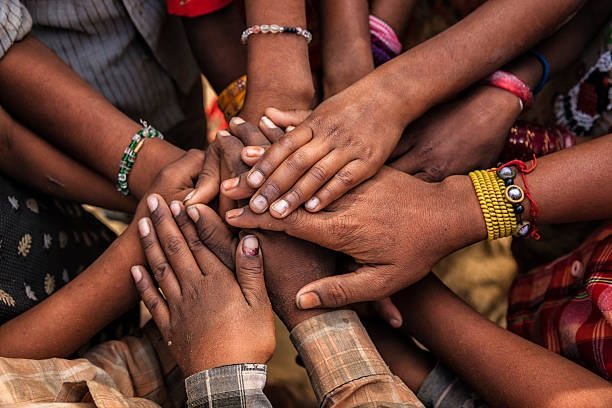A first-of-its-kind study of 300+ organizations in India shows how NPOs are building citizen support and funding channels for crucial causes.
NEW DELHI (India CSR): Everyday giving, both financial contributions and volunteering, is increasingly being recognized as critical to the sustainability of India’s nonprofit sector, according to a first-of-its-kind collaborative study titled UDARTA:EG – Using Data and Research to Advance Everyday Giving in India by 13+ social sector organisations under the banner of the GivingTuesday Data Commons (GTDC). The report, supported by GivingTuesday and the Rohini Nilekani Philanthropies Foundation, surveyed 304 nonprofit organizations, offering an unprecedented cross-section of India’s social sector.
The findings reveal that everyday giving is widespread yet under-cultivated. A majority (70%) of nonprofits reported engaging everyday givers as volunteers in the past five years, and 79% reported receiving financial contributions. However, only 37% had actively fundraised from everyday givers, highlighting the gap between potential and practice. Contributions in the form of voice and goods remain largely opportunistic rather than strategic.
Encouragingly, nonprofits that do engage everyday givers find it highly rewarding: 96% report fundraising from everyday givers is worthwhile, with 36% rating it as highly valuable to their operations. The study also shows that technology can be a decisive enabler. Organizations using digital outreach and donation tools have significantly higher odds of raising funds. Even simple tools make a difference: the majority (86%) of organizations use a donation button on their website, and 58% of them find it effective in driving everyday contributions.
“Everyday giving is more than a fundraising tool, it is jan bhagidari in action, where citizens step forward as co-creators of social change. For nonprofits, these contributions provide not just resources but vital flexibility to meet urgent needs, pilot new ideas, and build resilience. When donors become volunteers, and volunteers grow into advocates, the impact multiplies, and entire communities rally around a mission. With the right skills and simple tools, nonprofits can unlock the full potential of this citizen energy, turning everyday giving into a lasting engine of impact and resilience”, said Priyanka Dutt, Chief Advisor India, GivingTuesday.
Participating nonprofits reflect a wide financial and institutional spectrum, with annual budgets ranging from under Rs. 50 lakhs to more than Rs. 100 crores. The majority fall between Rs. 1.1 and 5 crores. In terms of age, the study includes both emerging organizations less than 18 months old and established institutions with over three decades of experience. Around 27% are between three and ten years old, while 30% have been operating for ten to twenty years.
The study also captured wide geographical diversity, with nonprofits headquartered across 26 states and union territories. Maharashtra (17%), Karnataka (14%), and Tamil Nadu (9%) accounted for the largest representation. Their work spans 14 cause areas, led by Education and Research (35%), Social Services (28%), and Health (13%). Organizational size varies widely, from fewer than two employees to over 200, while their operations extend across rural (81%), semi-urban (65%), urban (77%), and metropolitan (37%) communities.
Commenting on the significance of the report, Merlyn Fernandes, Head of Programs, Giving Together Foundation said, “What stands out in this study is the sheer breadth of participation, from small, newly established nonprofits to large, well-established institutions across geographies and cause areas. This diversity underscores a shared recognition among nonprofits that engaging everyday givers is not just about diversifying funding streams. It is about building communities of invested citizens who bring energy, trust, and long-term commitment, helping sustain and strengthen the very fabric of India’s social sector. Through our dissemination of this report, we hope that nonprofit leaders, fundraisers and volunteer managers will have what they need to strengthen their connections with communities.”
The report has been developed by a core group of implementing organizations, including Atma, ATE Chandra Foundation, Centre for Social Impact and Philanthropy (Ashoka University), Bhumi, Blue Ribbon Movement, ComMutiny, GivingTuesday, Giving Together Foundation, Ooloi Labs, Pratham Education Foundation, Rohini Nilekani Philanthropies, The 4th Wheel, and Sattva Consulting.
(India CSR)






